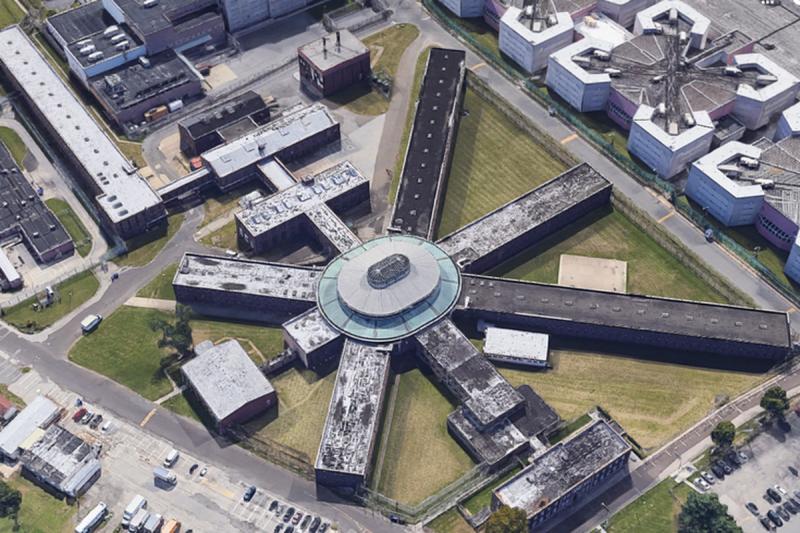What happens next? by Joseph DelFerro
Upon release from a county jail facility, one faces immediate challenges securing income, housing, food stability, and adequate medical care. While provided these basic needs within the prison system, many incarcerated individuals find themselves with no resources or guidance when returning to their local community. Through medical case management, employees within Action Wellness’s Philadelphia Linkage Program provide the support, resources, and knowledge required to help clients succeed during reintegration and live healthier lifestyles. By providing overdose prevention trainings and completing potential client intake sessions at various Philadelphia Department of Prisons facilities, I am able to lay the foundation for a more healthy and stable life upon release.
It is estimated that 1 in 6 people living with HIV/AIDS are incarcerated at prisons or jails annually (Spaulding 2009). Many of these individuals are newly diagnosed upon entry into the prison system and many face changes to their medication regimen. For those newly diagnosed, they exit the prison system with no experience navigating the healthcare system or treating the disease. For these individuals, medication adherence and viral load suppression become extreme challenges upon release as they balance finding an infectious disease provider and treatment regimen with other requirements for survival such as food and housing. By initiating case management services at the jails, a well-informed plan can be made to ensure that the individual effectively engages in treatment upon discharge. By visiting clients at the jails, case managers have an opportunity to provide HIV education, verify an individual’s enrollment in health insurance, find an infectious disease provider in the client’s local community, and address various barriers to care that a client may face before the client becomes immersed in the other issues surrounding reintegration.
While meeting a potential client at Detention Center, I asked him why he no longer took his HIV medications in the months leading up to his most recent arrest. He simply replied, “It is hard to worry about taking a pill when you are facing addiction and living on the streets.” Medical case management allows for a client like this individual to receive help with not only their engagement in medical care, but also issues surrounding mental health, homelessness, and addiction. By escorting clients to appointments or providing them with resources and trainings, I help eliminate some of the barriers that these individuals face on an everyday basis. Through this experience, I have seen individuals reach an undetectable viral load and better understand how to navigate their local healthcare system. By starting the program while the individual is incarcerated, I have seen clients reach a level of comfort with their disease and an understanding of their treatment plan upon discharge that would likely take months to fully realize while trying to reintegrate back into their local community. The clients I get to serve reenter society with the tools, understanding, and support system to lead healthier and more successful lives in regards to HIV treatment and beyond.

Citations:
Spaulding AC, Seals RM, Page MJ, Brzozowski AK, Rhodes W, Hammett TM. HIV/AIDS among inmates of and releasees from US correctional facilities, 2006: declining share of epidemic but persistent public health opportunity. PLoS One. 2009;4(11):e7558. doi:10.1371/journal.pone.0007558.
Image link: https://www.google.com/url?sa=i&source=images&cd=&cad=rja&uact=8&ved=2ah...
Action Wellness Website: https://www.actionwellness.org/